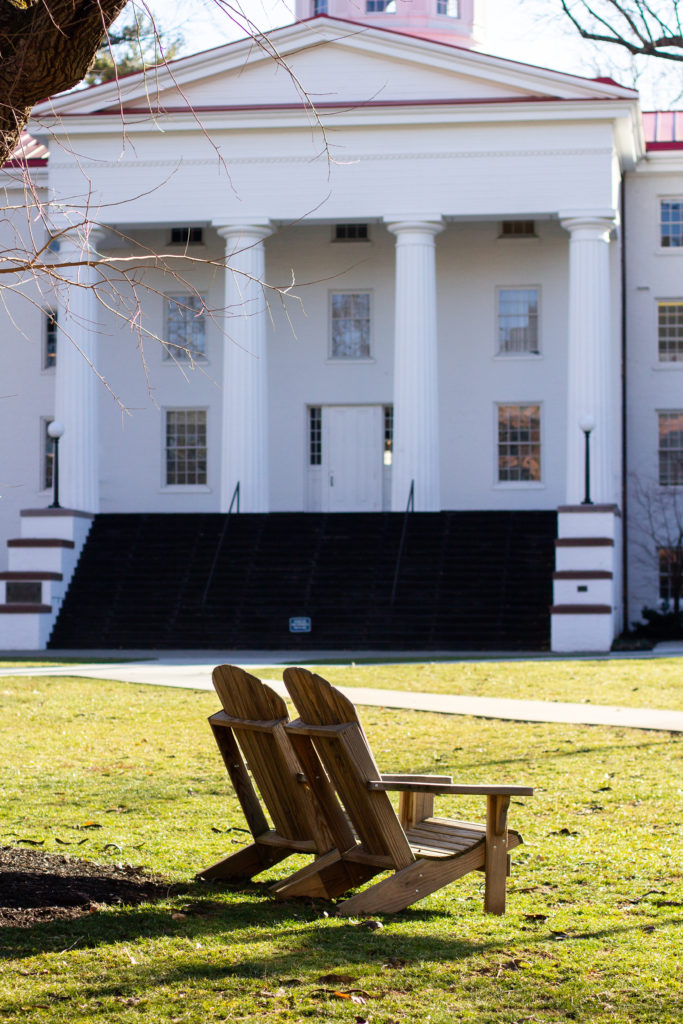College Invites Sophomores, Juniors, and Seniors Back to Campus for Spring Semester, Announces Revamped Testing Capabilities
By Anna Cincotta, Editor-in-Chief
Early this afternoon, President Iuliano announced that sophomores, juniors, and seniors will be permitted to return to campus for an in-person spring semester beginning on Feb. 1.
After an analysis of other colleges’ COVID-19 responses and experiences, new protocols will be implemented in order to ensure the health and safety of the Gettysburg campus community. Upon arrival, students will be tested twice during the first week and, according to the college, must “remain in quarantine pending two negative test results.” Throughout the semester, students on campus will be tested two times per week. “We are also working to see if it is possible to have every residential student tested at home immediately before they arrive on campus,” Iuliano said.
This announcement in regards to testing marks a change from the reopening plan for the fall—while students were tested upon arrival in mid-August, they were not guaranteed weekly testing. Instead, the college opted for a surveillance testing method following baseline testing during the first two weeks of in-person instruction.
The college has partnered with a new testing company that, according to Iuliano, “is able to provide more expansive capacity for all parts of our testing strategy—from registration, to swabbing, to reporting of results.”
Prior to the start of the spring semester, college employees will also be tested. Following this initial effort to establish a baseline, “a percentage of employees who spend time with students (such as faculty and Health Center employees) will be tested on a weekly basis.” If an employee is identified as a close contact to a positive COVID-19 case, the college will provide an opportunity to be tested.
Another element outlined in today’s message to the campus community is the college’s decision to “assign, to the extent possible, only one student per room” in the spring. This marks an additional departure from the decisions made in the fall, in that students were assigned roommates during the summer. According to the college, this decision will result in greater flexibility when it comes to the college’s quarantine protocols if students test positive. Iuliano indicated, after the de-densification process in the fall, that quarantine capacity constituted a significant challenge to maintaining community health and well-being.
Iuliano also suggested that, when it comes to public health protocols, the college will be enforcing the rules “more visibly and more stringently” in the spring.
“Let me be clear: we want our students to return to campus, but if you find these rules to be burdensome or if you know that it will be difficult for you to comply, please seriously consider whether a return to residence is the right choice for you,” he said.
More staff will be added to the Department of Public Safety in order to streamline and improve enforcement, and the college is working to ensure that the conduct and resolution process is simplified for members of the community.
Students who choose to return to campus in the spring must declare their intent to do so by Dec. 15.
“Students should expect to be reassigned to the remote cohort if they are not meeting their obligations to protect against the spread of the virus within the college community,” Iuliano said.

